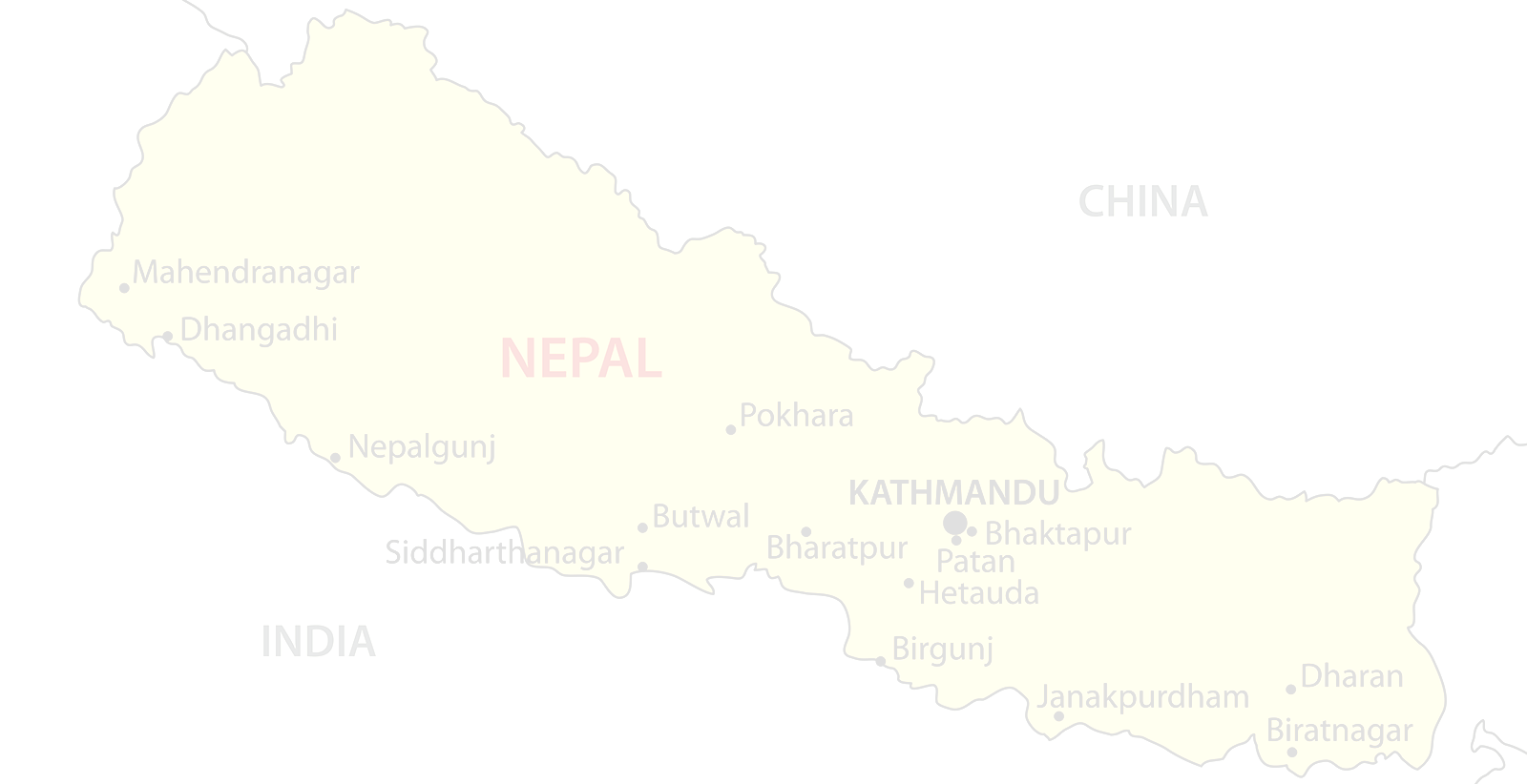

The Social Welfare Council (SWC), part of the Ministry of Women, Children and Senior Citizens in Nepal, allows us to submit plans for 5-year periods. This gives us the necessary continuity. The current block for Foundation Nepal ends mid-2023 and the next one will run from 2023 to mid 2029. The SWC monitors our projects through field visits and analysis of reports. It is therefore important for us to always focus on the future.
But at Foundation Nepal, we don't just look at the next five years, we also look further ahead. We ask ourselves the questions: where do we want to go and what do we want to (continue to) achieve in Nepal? We want to continue our efforts to improve the living conditions and future opportunities of children and vulnerable groups. In doing so, we are not only concerned with achieving our goals, but also with how we can continue our current support. What innovations are needed and how can we adapt to changing circumstances?
How will we deal with this in the future? We continue to look at where the biggest requests for help are as well as where the biggest opportunities to provide the help are.
Expanding our scope to other regions of Nepal where we are not yet active. This can be done, for example, by cooperating with local organisations and authorities. This will increase our impact and enable us to create even more equal opportunities.
We can focus on new activities that fit our mission, such as promoting entrepreneurship among women and youth. This can increase the sustainability of our projects and have more long-term impact.
We need to proactively seek new sources of funding, such as partnerships with companies, donations from individual sponsors and tapping into government support. By doing so, we will ensure the people of Nepal receive continued support, not only now but also in the future.
We can use technological innovations to make our projects more efficient and impactful. For example, how can we use current technology to improve education programmes or healthcare in Nepal?
To realise these plans, we must continue to adapt to changing circumstances and constantly evaluate and adjust our work. This is the only way we can remain committed to the future of children and vulnerable groups in Nepal.